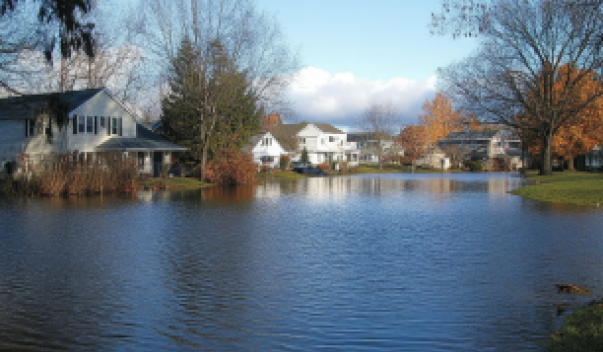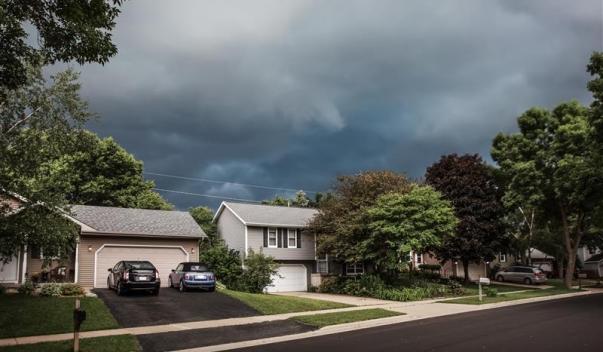How to renew your flood insurance policy — and why it’s worth it
Renewing your flood insurance policy can save money and reduce your stress level. Yearly renewals will keep your peace of mind knowing that your home and belongings are protected.

Key information about flood insurance policy renewals
-
Your flood insurance policy does not renew automatically.
-
Call your insurance agent or mortgage lender to renew.
-
You may be required to renew your flood insurance policy.
-
It could save you money.
Why you should renew your flood insurance policy
Floods are common events. Powerful storms, melting snow and neighborhood construction can cause your property to flood. This means your home and belongings are always at risk, even if you’ve never experienced a flood.
Everyone has some flood risk
#1
Floods are the most common natural disaster in the United States.
98%
Between 2004 and 2024, 98.82% of counties in the United States experienced a flood event.
29%
From 2014 to 2024, almost one-third of NFIP Flood insurance claims (29%) came from areas located outside of high-risk areas.
Renewing can save you money
FEMA often updates flood maps to identify new flood hazards. A change in your community’s flood map can mean a change in your rate – if you let your coverage lapse. Maintaining continuous coverage means you can lock in a lower rate, even if your flood map or zone changes.
Helpful information for renewing a flood insurance policy
-
Helpful information for renewing a flood insurance policy
Image
Flood maps, zones and risk ratings are regularly updated. Make sure you know your home’s current risk level.
-
Flood policy renewal eligibility
Image
Where you live determines your eligibility for flood insurance. It also may mean you’re required to renew your policy.
-
Flood insurance protects livelihoods
Image
People who have experienced a flood are more likely to have flood insurance. It helps them recover quicker.
FAQS about renewing flood insurance policies
No, flood insurance policies do not automatically renew. Policyholders must renew every year. Call your flood insurance agent or mortgage lender to renew.
Maybe. People who live in areas with high flood risk or who have government-backed mortgages are required to renew their policies.
You can get a new flood insurance policy, but it will take 30 days to go into effect. You won’t be covered if a flood event happens during that time. You may also lose certain discounts if your policy lapses.
No, not if your property previously received disaster assistance for home repair, replacement or belongings. A property must maintain an insurance policy covering at least the total amount of assistance it previously received.
This requirement is tied to the property, not the individual homeowner. That means if you purchased a home from someone who once got disaster assistance, you are required to purchase and maintain flood insurance.
Flood insurance policies can be canceled in the middle or at the end of the policy term. Before you cancel:
- Verify with your mortgage lender that you’re eligible to cancel. Some banks require flood insurance as part of mortgage loans.
- Reassess your home’s current flood risk. Changing weather patterns and new construction impact your risk. Check for community flood map updates and look around your neighborhood for new risk factors.
- Talk to your agent about ways you can pay less for flood insurance. You can receive discounts for making certain modifications to your home.
